CERATONIA SILIQUA (Carob tree)
Ceratonia siliqua, commonly known as the Carob Tree or Algarrobo, is a slow-growing evergreen tree native to the Mediterranean region. It features a broad, rounded canopy with glossy, dark green pinnate leaves and produces thick, brown pods rich in natural sugars, traditionally used as a chocolate substitute. Highly drought-tolerant and resilient, it thrives in full sun and well-drained soils. Ceratonia siliqua is valued for its shade, ornamental presence, and agricultural use, making it ideal for Mediterranean gardens, sustainable landscapes, and agroforestry systems.
Botanical Name: Ceratonia siliqua
Common Name: Carob Tree, Algarrobo
Mature Height: 30–50 feet (9–15 meters)
Mature Spread: 25–40 feet (8–12 meters)
Growth Rate: Slow to moderate
Light Requirements: Full sun
Soil Requirements: Well-draining soil; thrives in poor, rocky, or calcareous soils
Water Needs: Low; highly drought-tolerant once established
Foliage: Evergreen, dark green, glossy, pinnate leaves that provide dense shade
Trunk: Sturdy, thick trunk with deeply furrowed bark and a wide canopy
Flowers: Small, reddish, and inconspicuous; male and female flowers may appear on separate trees
Fruit: Long, dark brown pods rich in natural sugars, edible and used in food production
Uses:
-
Shade Tree: Perfect for providing deep shade in dry, sunny climates
-
Agricultural: Grown for its edible pods, used as a chocolate substitute and animal feed
-
Erosion Control: Excellent for stabilizing slopes and poor soils
-
Ornamental: Adds a Mediterranean character to large gardens and landscapes
Benefits:
-
Extreme Drought Tolerance: One of the most resilient trees in arid conditions
-
Low Maintenance: Requires little irrigation or pruning
-
Useful Crop: Produces carob pods with commercial and culinary value
-
Longevity: Long-lived and well-adapted to coastal and inland heat
Ceratonia siliqua is a noble Mediterranean tree prized for its endurance, utility, and natural beauty. Whether used in reforestation, landscaping, or food production, it offers both ecological and economic value while thriving in the harshest environments.
Debes acceder para publicar una valoración.
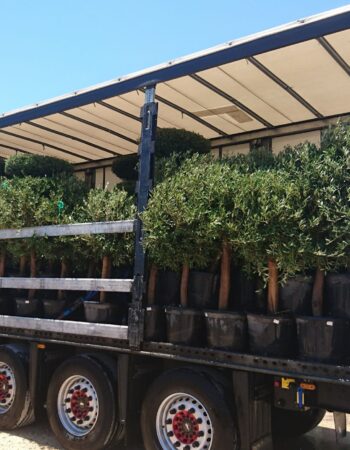
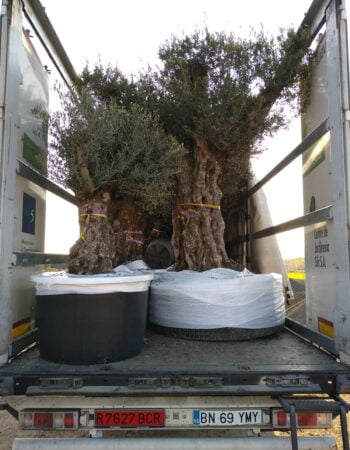
CAREFUL TREE TRANSPORTATION
At Treezom, we take great care in transporting your trees to ensure they arrive in perfect condition. Our expert team uses various methods, depending on the size and volume of the order, to provide safe and efficient delivery. Whether you're ordering a single tree or a bulk order, we guarantee high standards of handling and care throughout the process.
MULTIPLE SHIPPING METHODS
- Truck Delivery: Ideal for local or regional deliveries, ensuring a smooth and timely shipment of your trees directly to your location.
- Sea Containers (20’ or 40’): Perfect for larger orders or international shipping. Our sea containers are equipped to handle bulk shipments with optimal protection.
- Other Customized Solutions: Depending on the size and nature of your order, we can offer tailored shipping methods to meet your specific needs.
No matter the shipping method, we use specialized packaging and handling procedures to protect the trees during transit, ensuring they arrive healthy and ready for planting.


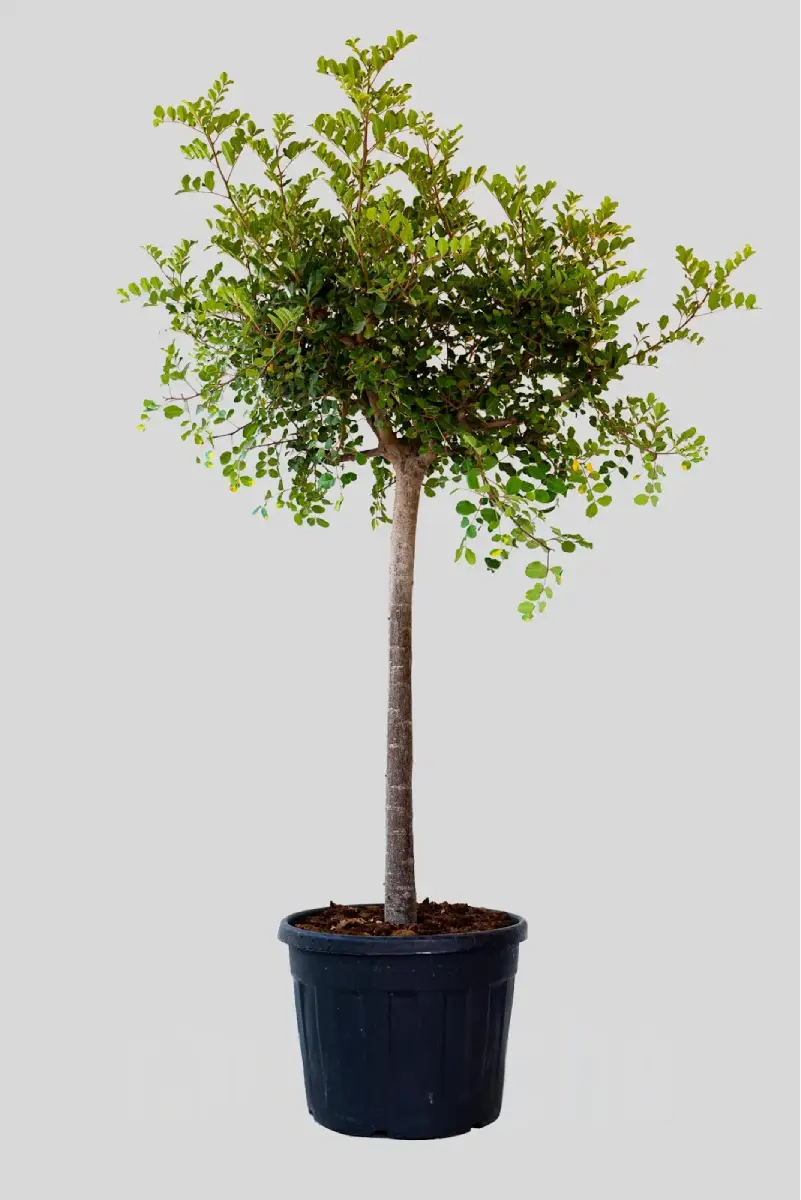



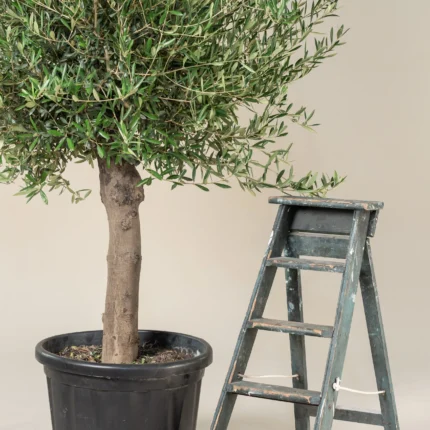

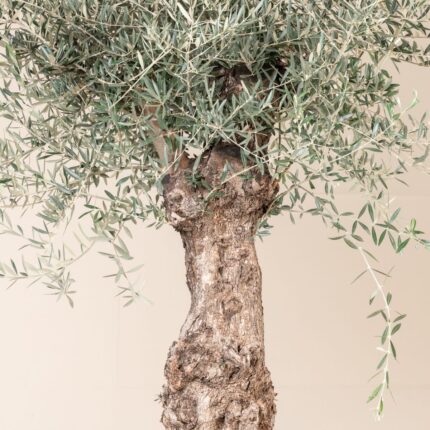






 Single Tree
Single Tree
Valoraciones
No hay valoraciones aún.